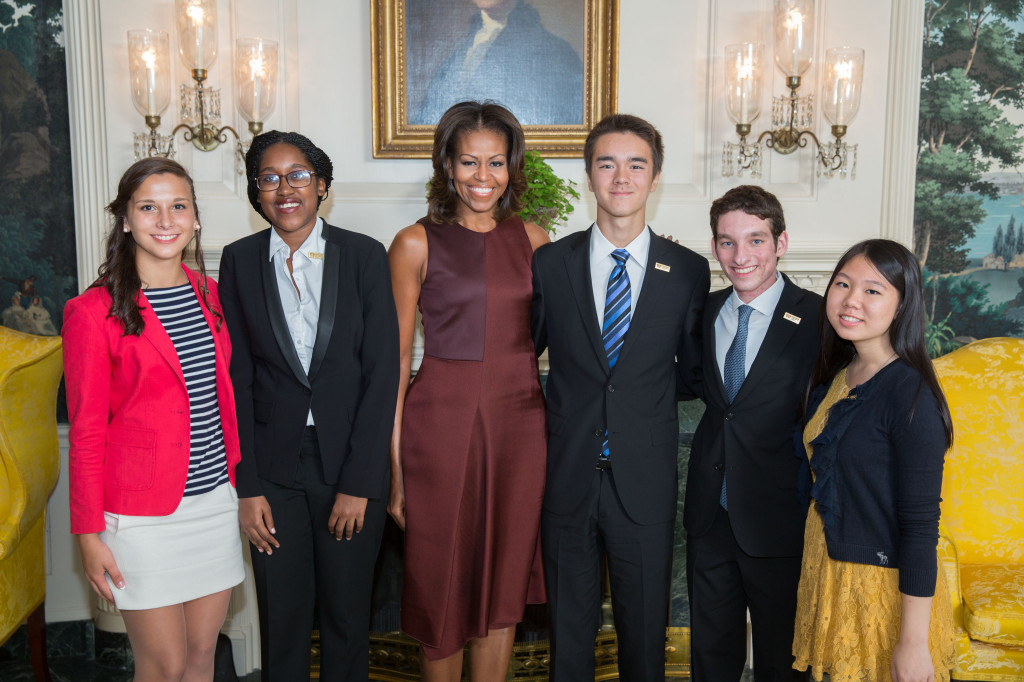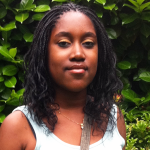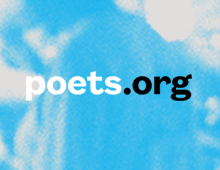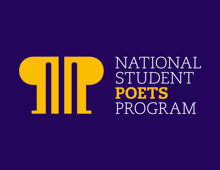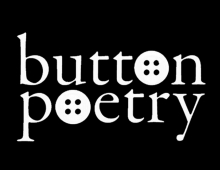National Student Poets
First Lady Michelle Obama with the National Student Poets award winners in the Diplomatic Reception Room of the White House, Sept. 20, 2013. (Official White House Photo by Lawrence Jackson.) This official White House photograph is being made available only for publication by news organizations and/or for personal use printing by the subject(s) of the photograph. The photograph may not be manipulated in any way and may not be used in commercial or political materials, advertisements, emails, products, promotions that in any way suggests approval or endorsement of the President, the First Family, or the White House.
About the National Student Poets Program
The President’s Committee on the Arts and the Humanities, the Institute of Museum and Library Services, and the Alliance for Young Artists & Writers partner to present the National Student Poets Program (NSPP), the country’s highest honor for youth poets presenting original work. Five outstanding high school poets whose work exhibits exceptional creativity, dedication to craft, and promise are selected annually for a year of service as national poetry ambassadors.
National Student Poets are chosen from among the national medalists in the Scholastic Art & Writing Awards by a jury of literary luminaries and leaders in education and the arts. Student Poets receive college scholarships and opportunities to present their work at writing and poetry events throughout their term.
The National Student Poets Program is supported in part by funds from the Institute of Museum and Library Services and the President’s Committee on the Arts and the Humanities with private support provided by an anonymous donor and the Bernstein Family Foundation for the academic awards.
(description from artandwriting.org)
Community Service Projects
Each National Student Poet designs and implements a community service project within their region of the United States, to help spread poetry across the country one community at a time.
Sojourner Ahebee worked with Alzheimer’s patients, Michaela Coplen with military children, Nathan Cummings with hospitalized youth, Aline Doline with ESOL students, and Louis Lafair with educators and first-generation college students.
Learn More
Follow the National Student Poets on Facebook—see when they’ll be in a town near you. Download a digital chapbook of their poetry. Request a National Student Poet appearance at your school.
Are you a high school student? If so, you can submit to the Scholastic Art & Writing Awards… and potentially become one of the next five National Student Poets.
Poems
Below is a selection of poems from the 2013 National Student Poets.
Sojourner Ahebee
Midwest Region
valentine for Sally Hemings
there’s a dead jefferson in every black girl’s belly,
an unknown hunger for something stolen.
i found a poem in these parts, in the belly of a black girl.
i was told to look in the garage,
into the person i almost liked,
at the bottom of an odd blue sock buried
in my dresser drawer:
the hiding places of my life.
oh, but if you only knew
the way I wanted to love the dead president,
rescue him from the depths of a stomach,
feed him the warm soil from a Virginia plantation,
feed him pages from my history books,
heavy with lies.
but then i heard Sally scream,
and wondered what she’d think of me,
i heard Sally scream
and wondered what all the black girls
with bloated bellies would think of me
in my confusion:
the way i mistaked his breath, smelling of lavender and france,
for liberty,
when this scent was made of more potent stuff,
of silence,
of a black girl’s blood against white sheets.
i went looking for a poem
in the darkness,
a love poem for Sally,
an apology,
a revelation,
a dead man haunting the hallways
of a breaking girl.
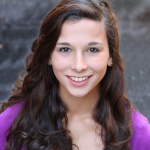 Michaela Coplen
Michaela Coplen
Northeast Region
Medusa in the Mirror
My eyes are older every day
and i think it’s because they can see the answer to the question my brain keeps asking
which is
is a heart more like an odometer or a timer
because sometimes i feel like it’s just counting down the beats and
maybe i’m already in triple digits and i just don’t know it yet
because suicides are slow
and they seep through skin like dye
and sometimes they whisper in my dreams and i can hear them coiling around
my head
and they’re fang-deep in my skull
because now my migraines pound out messages
monster monster monster
and it feels like they’re rooted in my scalp because they’re persuasive in my misery
but present in my happiness too
and when they murmur in my ear you’re the best you’ll ever be
i’m afraid because it feels true
and maybe i’m anhedonic
because i can’t remember what childhood tastes like
and i’m starting to think that the only way to punctuate
loneliness
is in bullet points
• maybe there’s a timer in the blackness of my eyes
• and maybe you saw it first
• maybe that’s why you left
•
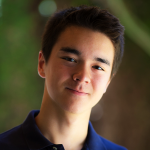 Nathan Cummings
Nathan Cummings
West Region
Chords
I am told that the ears of my generation will invert themselves in fifty years, or that our heads will narrow from the constant inward pressure of ear cups,
& that an orchestra’s a doomed beast
now that the herd has plugged in, leaving vacancy hanging like a question,
& that music, our mistress since that first cavefire tryst, is throttled now
by a braided rope of thin white plastic,
& the words shoot past me.
& I would take you on the morning subway, lead you from car to car, show you the rows of clamped heads,
where every stop brings a new concert hall, their ears full like wineglasses,
& I wonder if you can hear it
under the chant of skittering tracks:
fourteen billion notes in ten million symphonies through eight thousand tangled chords in five hundred cities on
one
morning
weaving together in some new choral axiom, as
we share much, but not silence.
 Aline Dolinh
Aline Dolinh
Southeast Region
PROGRAMMING ERROR.
watching them unfold like lengths of silver ribbon.
The synthetic tissue was still entangled in my hands,
bright as butterfly gossamer—
insides detached from out, simple as snipping a thread.
I couldn’t disconnect my wiring, but I could see the cables laid bare,
pulsing with color where they joined hips to spine.
Once I had wondered if I still had a beating heart,
even underneath this metal shell, soft and fragile
like an overripe strawberry.
I can list every muscle in the human body,
but I’ve never had warm blood, no map of red lines
traced underneath paper-thin flesh. And I’ve never felt love either,
but I can diagnose it: it’s just a series of chemical synapses firing,
skin flushing pink with hemoglobin that I don’t have.
They must have been lying
when they said we were perfect. How could something perfect feel so empty?
Of course, they’ll be angry when they find us here,
with these blasphemous thoughts in our memory banks.
They’ll dismantle our limbs and say it was a manufacturing defect,
sew us back up again so we forget. I’m not sure how many times they’ve done it.
We’ll be beautifully uniform, all our parts in working order,
but defective in a different sort of way
 Louis Lafair
Louis Lafair
Southwest Region
If There Were a Manual
I arrive at the local library,
a species so nearly extinct
it’s confined to the zoo,
where the whisper of worn pages
induces a skin-shivering sigh
across the skeleton of shelves,
where a camera flashes in a futile attempt
to capture, in gigabytes, the scent of faded ink.
At the front desk, I ask
may I please have a manual to life,
and the librarian, carrying
on her hobbled shoulders
the weighted wisdom of all immortalized poets, responds
right this way.
She slides quietly, is she still there,
slipping through the corridors of guidebooks
until I’m left wandering,
when are we stopping,
which author will it be. I imagine
what the manual will look like:
a human diagram with clearly labeled body parts
feet — made in China
lungs — please recycle
wrists — tear here
graying hair — keep out of reach of children
heart — handle with care
brain — lost and found
ears — for lease
a Google map from HERE to HAPPINESS
- Head south
- Dead End
- Turn right onto Despair Avenue
- One Way
- Continue until out of gas
- Do Not Enter
- Make next possible U-turn
- Stop
- Turn left
- Detour
- Turn left
- Winding Road
- Turn left
- Visit the site of your own grave
- Cross Watershed Bridge
- Yield to pedestrians
- Take ramp onto freeway
- Speed Limit ∞
- Continue several years
- Exit
- Destination
a carefully measured recipe for success
- four broken bones
- seven tablespoons of tragedy
- eighteen tablespoons of hope
- a full bottle of perspective
- several ounces of a secret ingredient your mother forgot to reveal before she
passed away
- mix well
- cook at six degrees of separation
Still treading in the wake of the librarian
and the absence of the quintessential volume,
I stop moving,
and in an epiphany that seems sudden but is actually the result
of the gradual evolution of incremental understandings, I realize that
if there were a manual,
no one would read it
because no one ever reads instructions,
because maybe we aren’t supposed to.
Maybe on the hands of the human diagram are scars
that say figure it out for yourself,
maybe, on the Google map, you asked for drivinginstructions
but really, you’re walking the whole way
so the time estimates are entirely inaccurate
and you’re able to cut through crooked meadows
that aren’t even on the map in the first place,
maybe for that one stretch of uninterrupted highway
you can catch some public transport,
asking strange questions on a bus full of strangers
because you’ve decided that discomfort
is the secret ingredient in your recipe for success.
Maybe we’re all supposed to write the manual ourselves
since only so many people can have
the same number of broken
bones, since everyone can choose,
with the spoon labeled attitude,
exactly how many smiles to add to the cauldron
before mixing well.
Maybe, if we don’t write the manual ourselves,
we will all go extinct, like the local library
with the lingering card catalogues, vestigial organs
that someone, somewhere, at some
point, used to know the purpose of.

